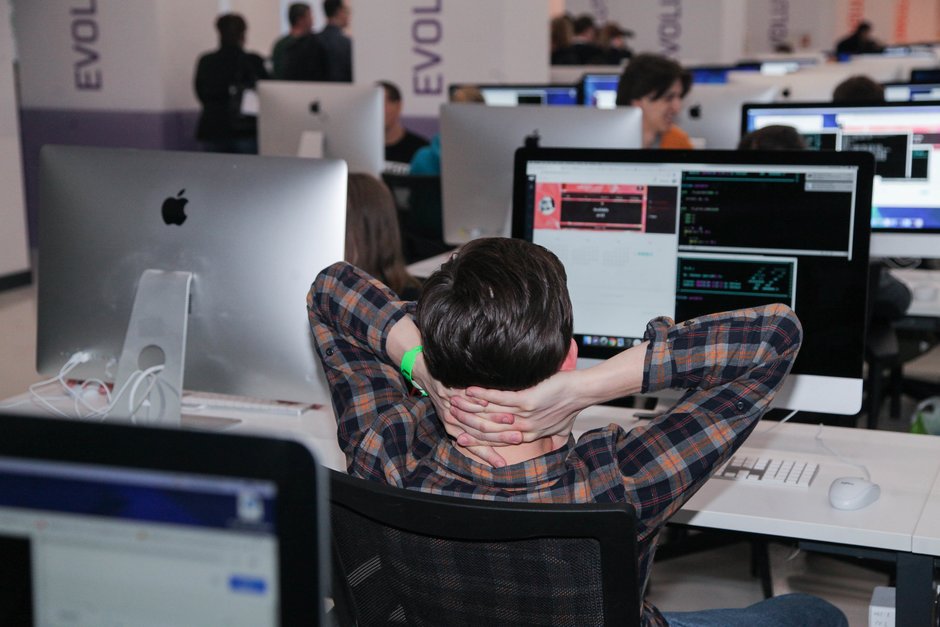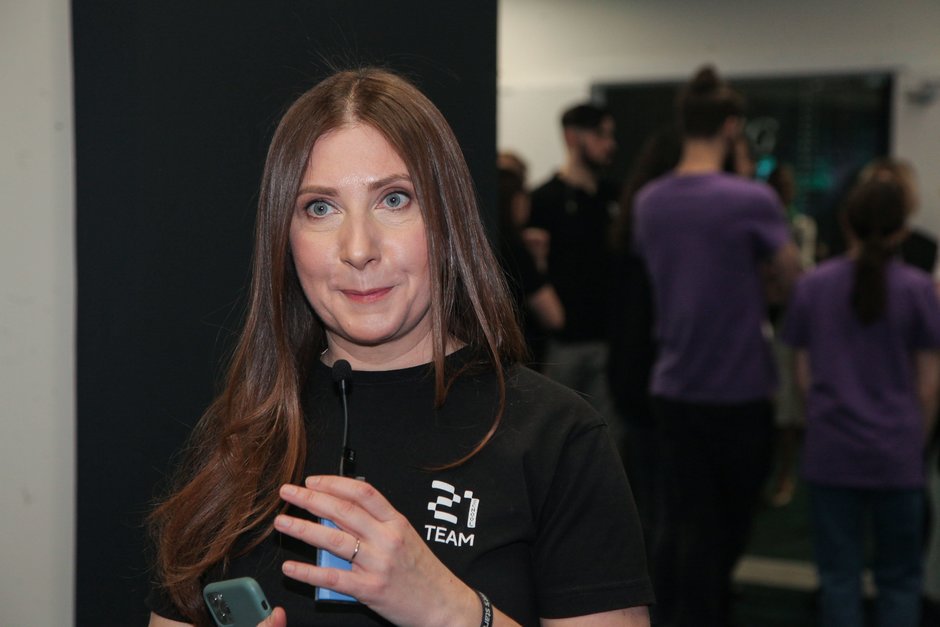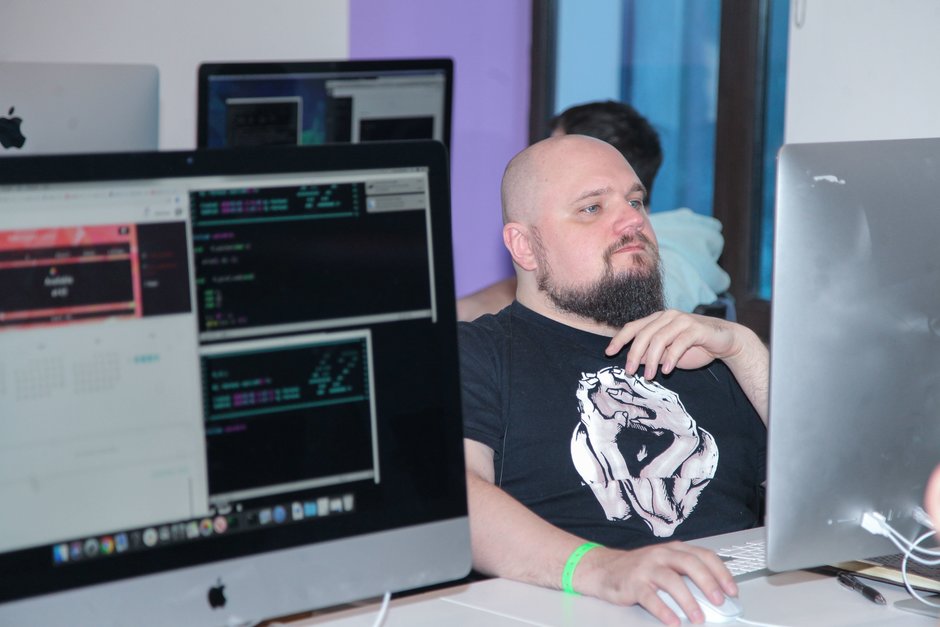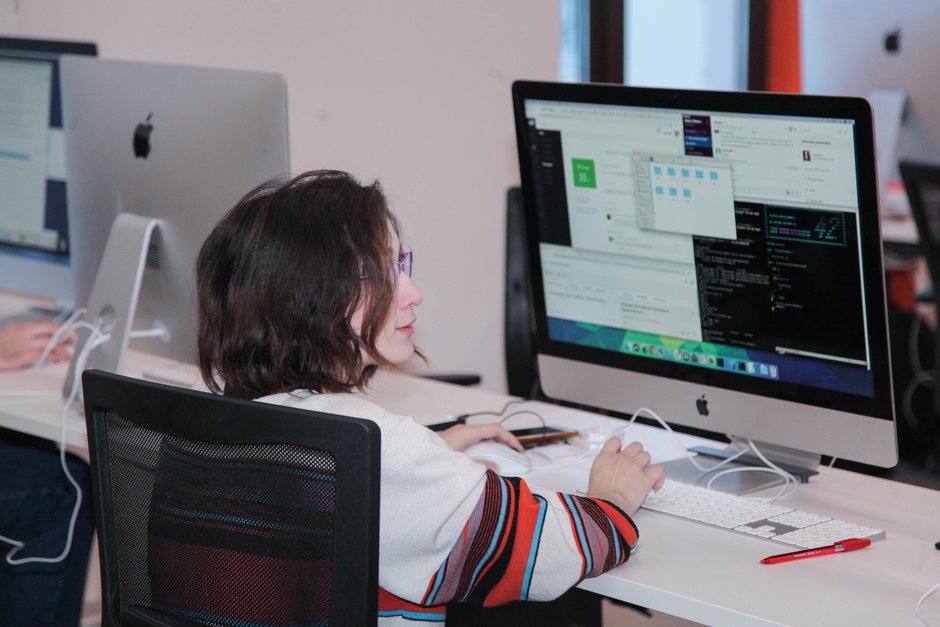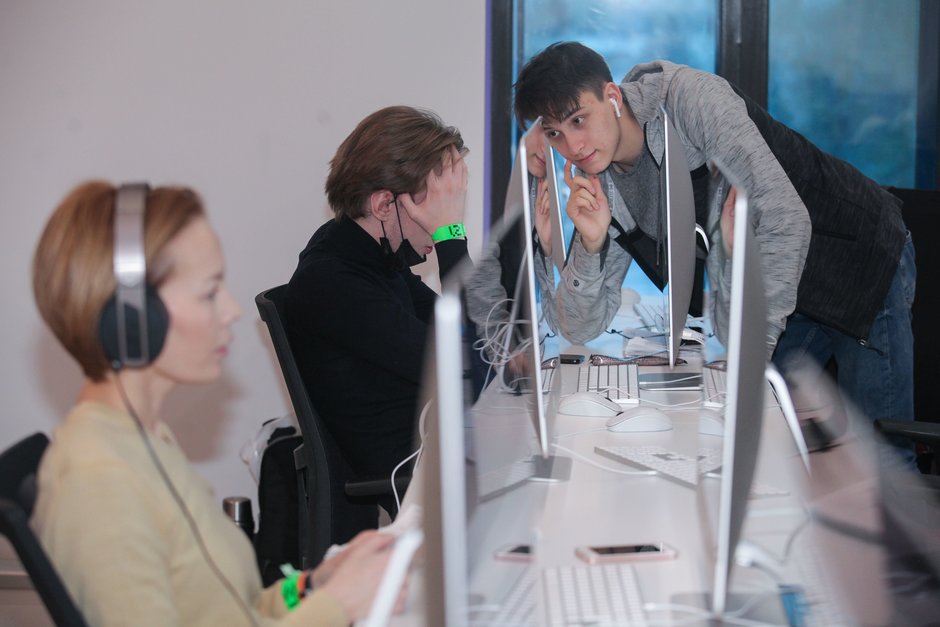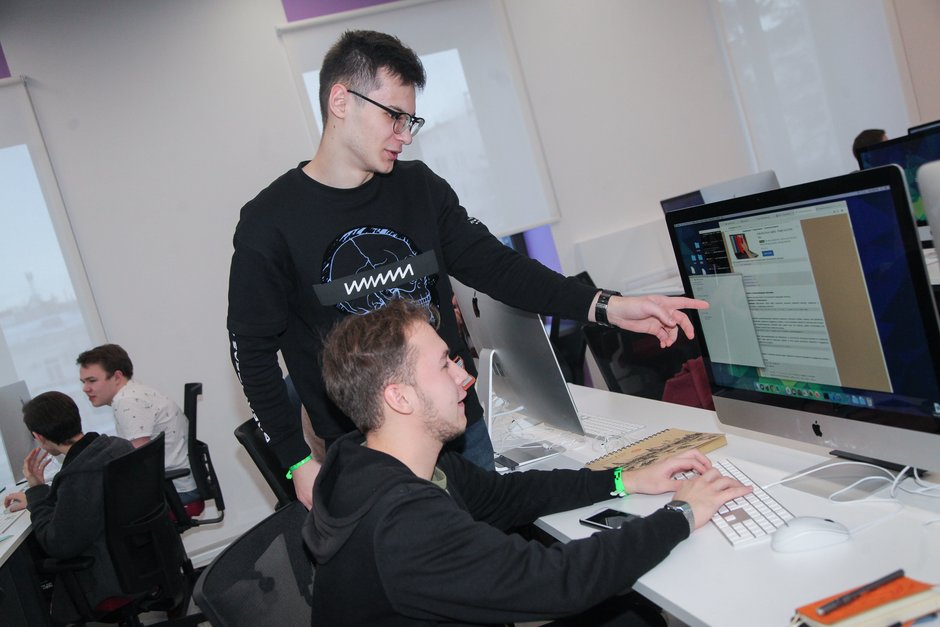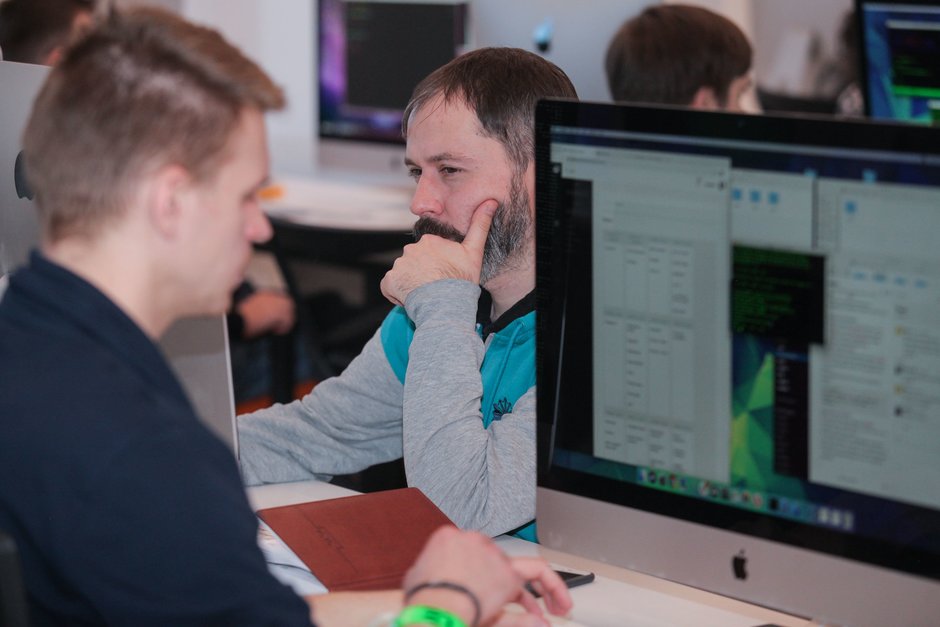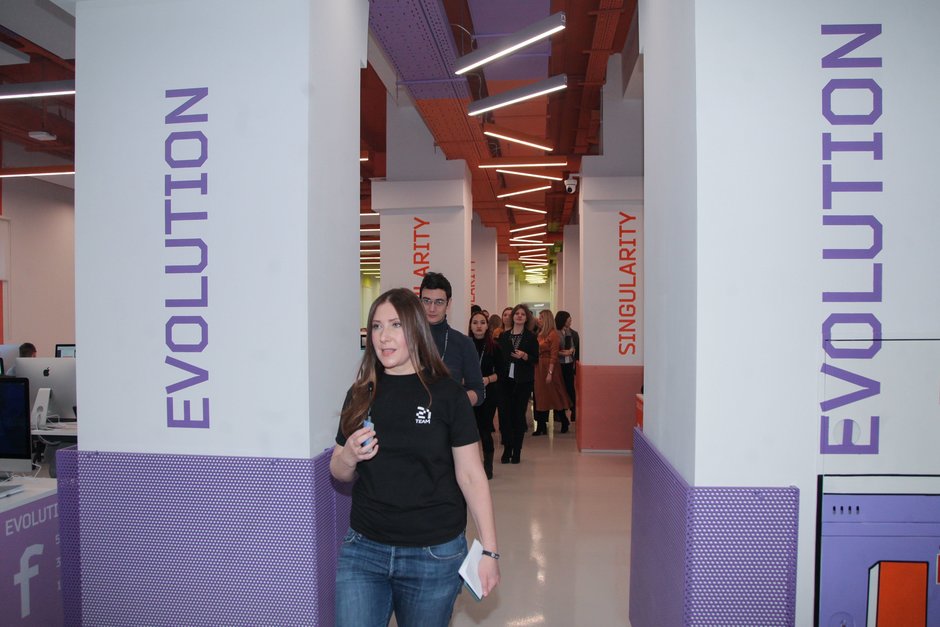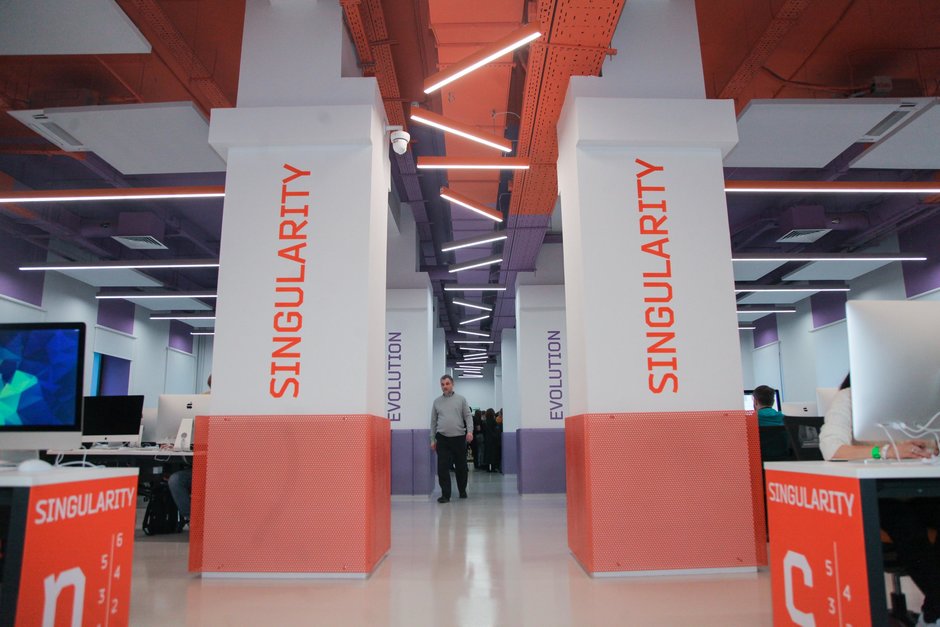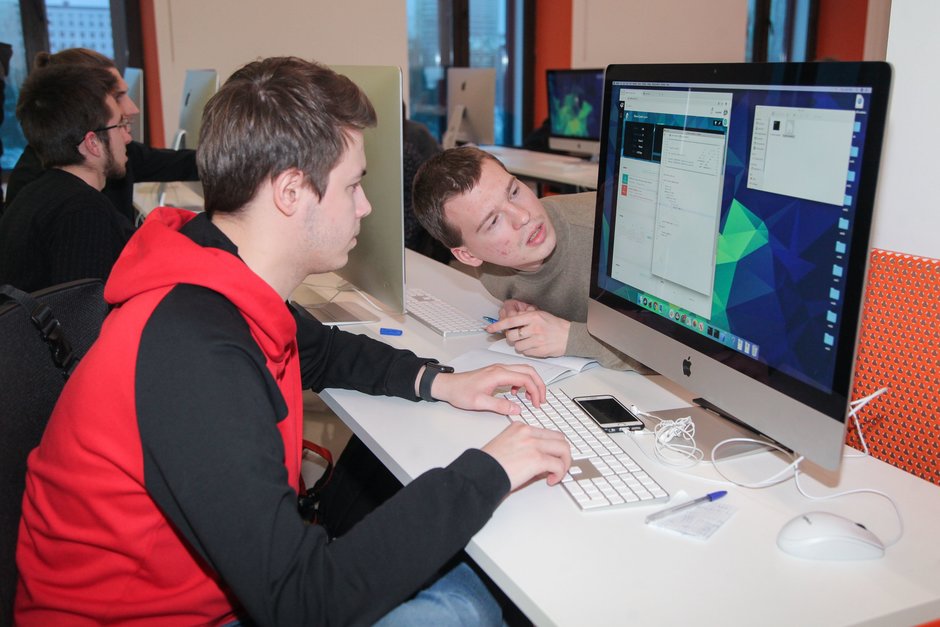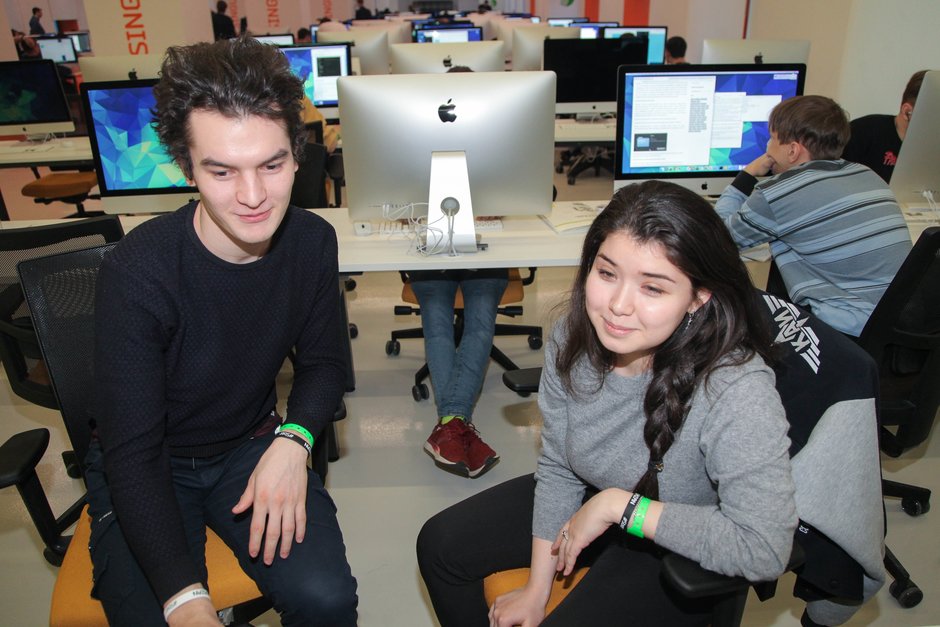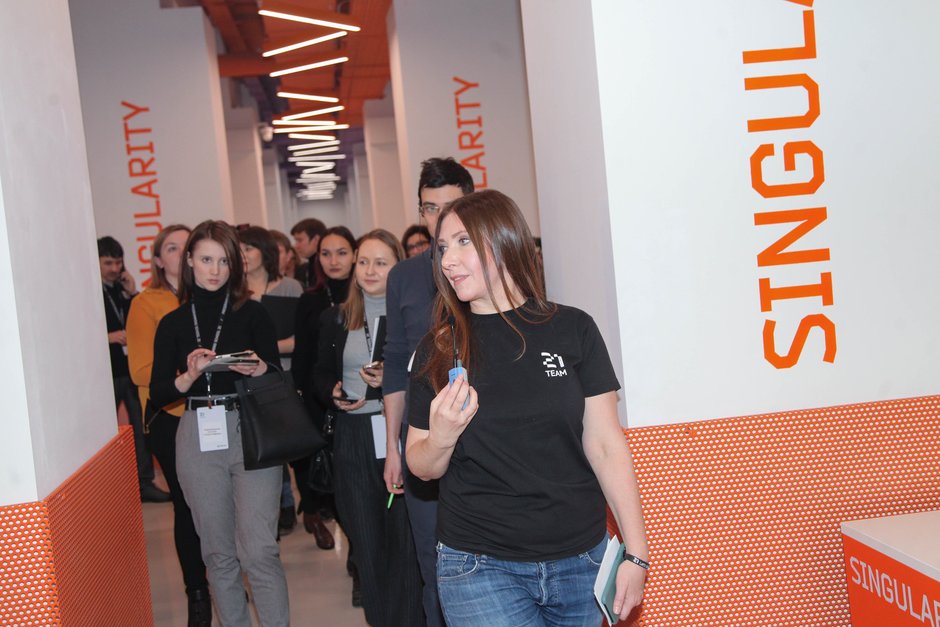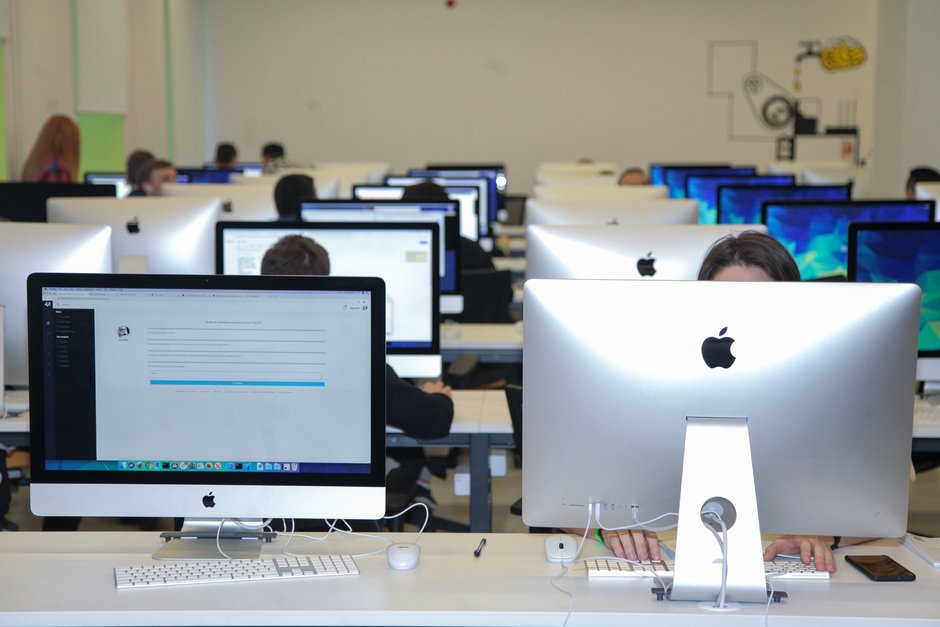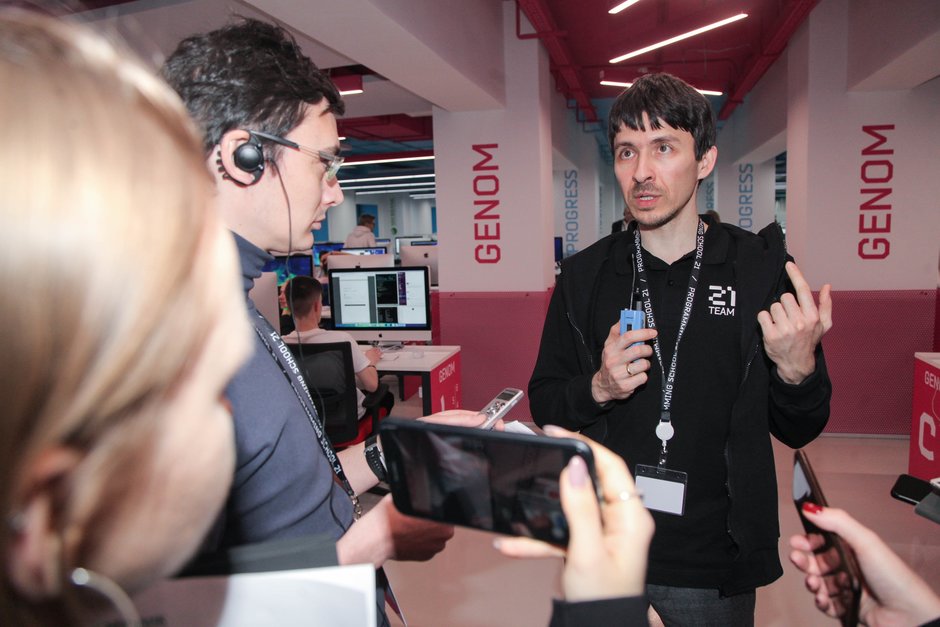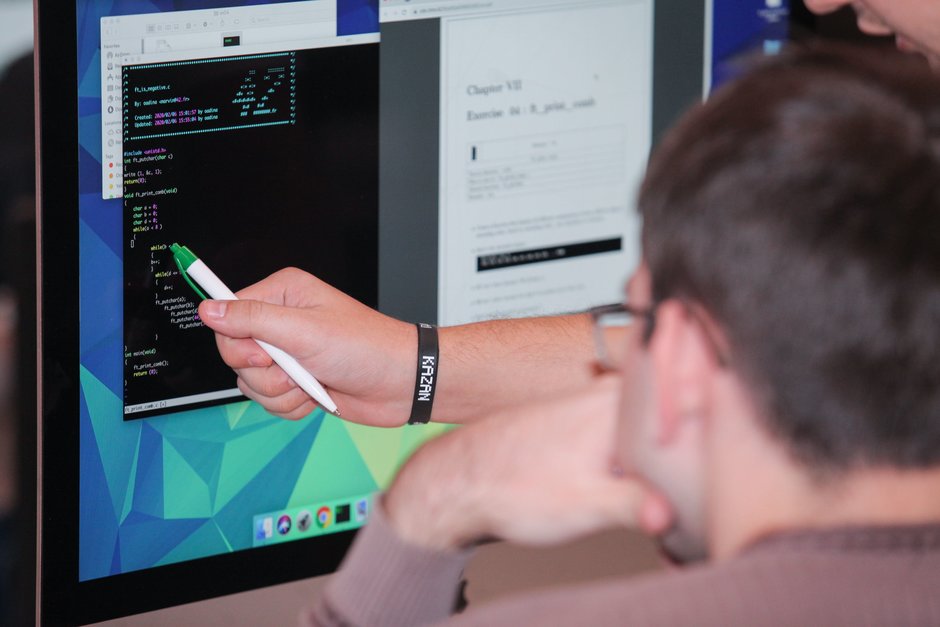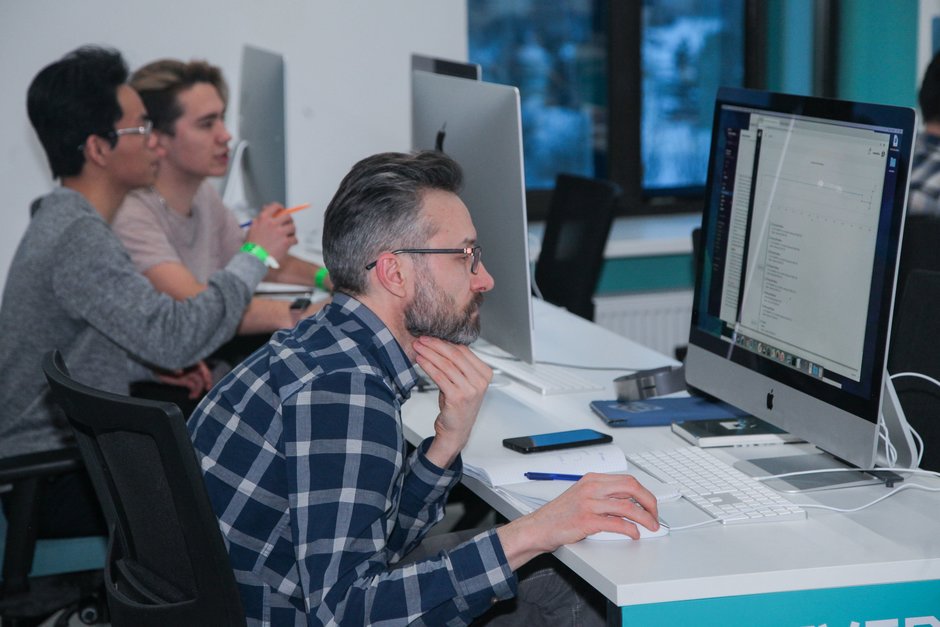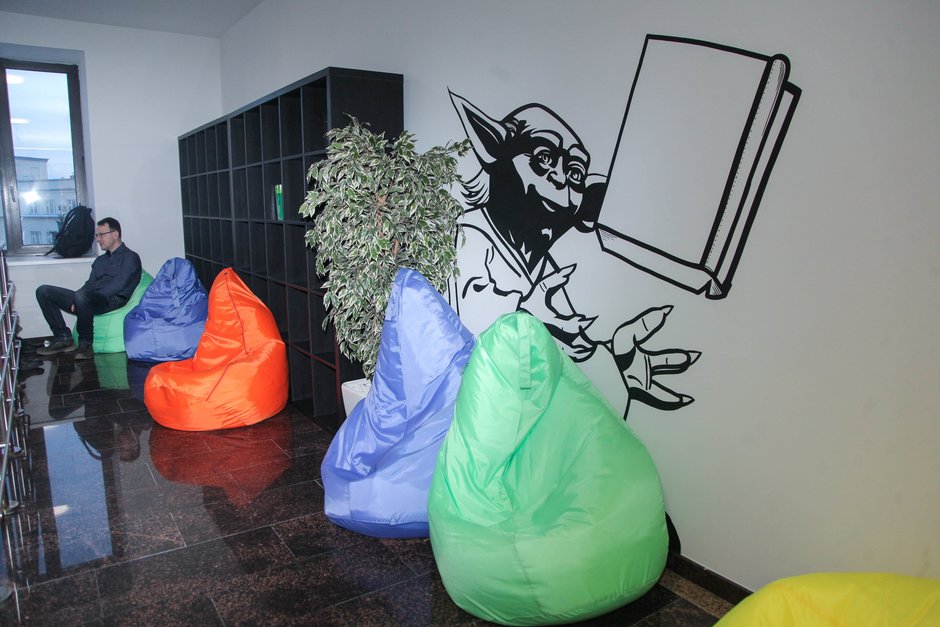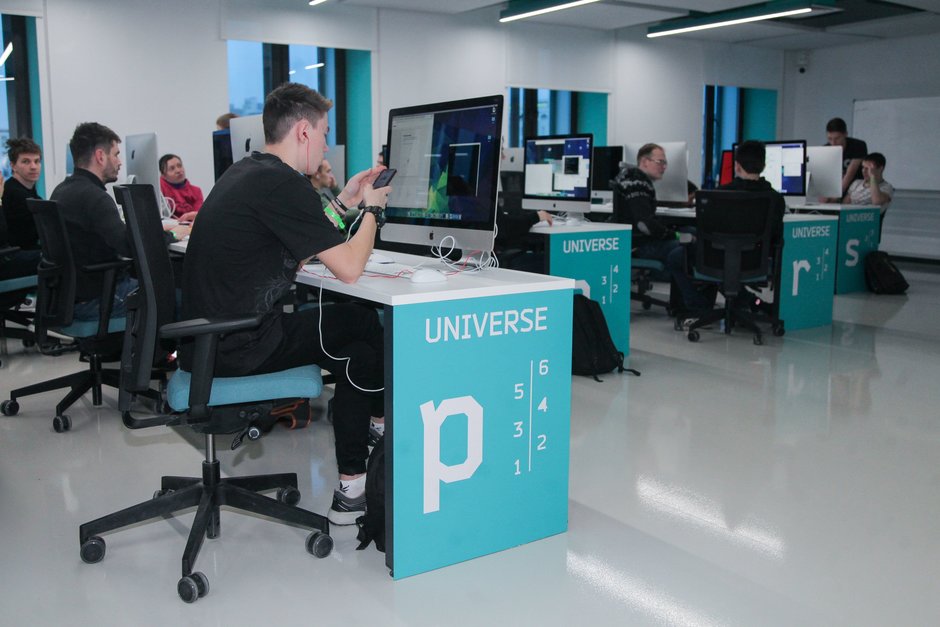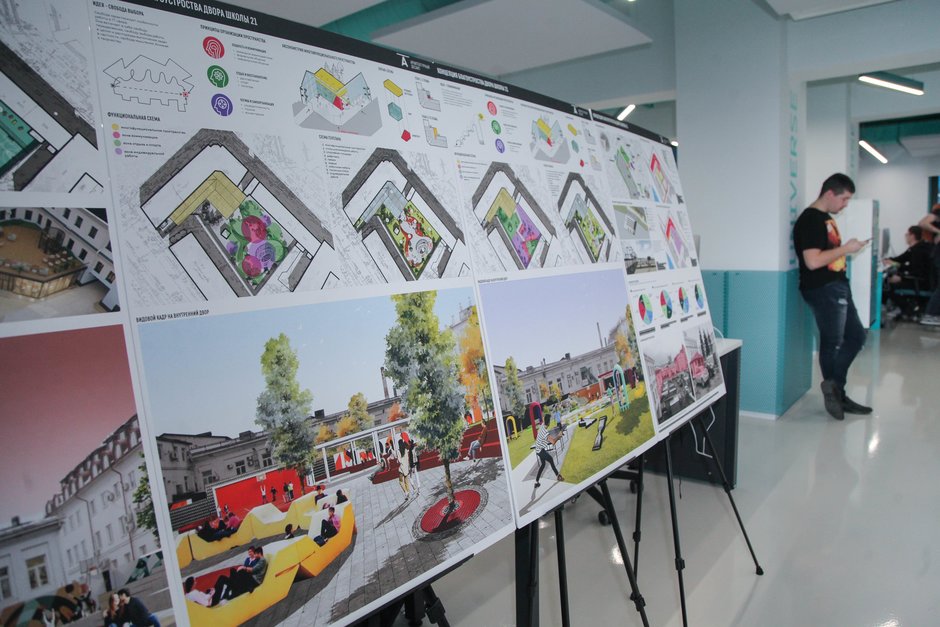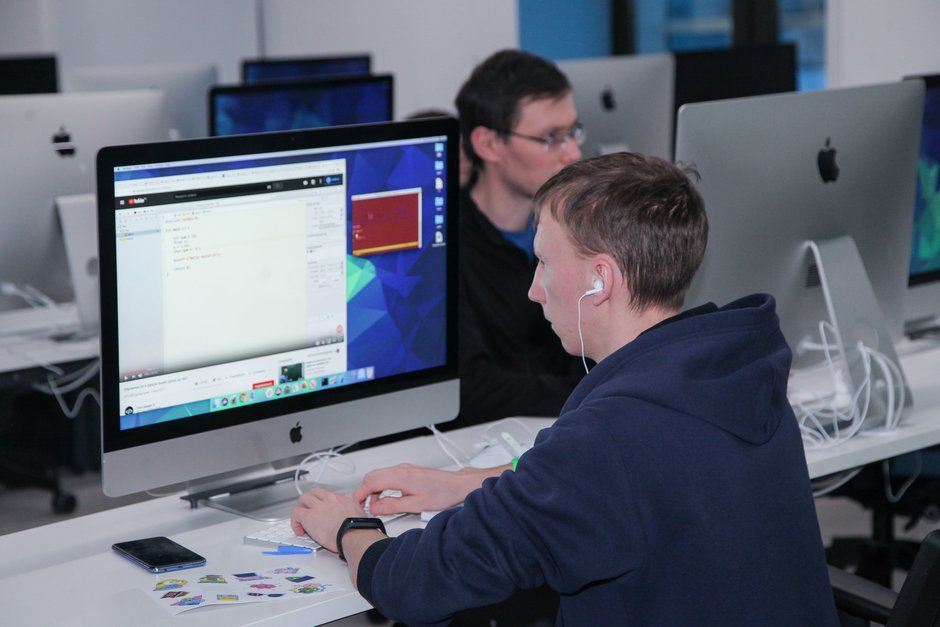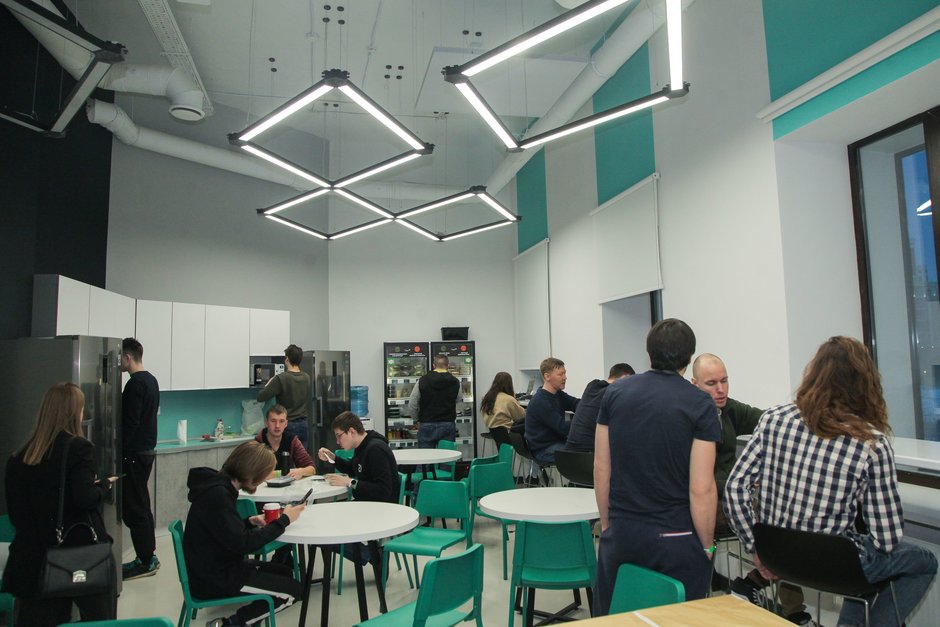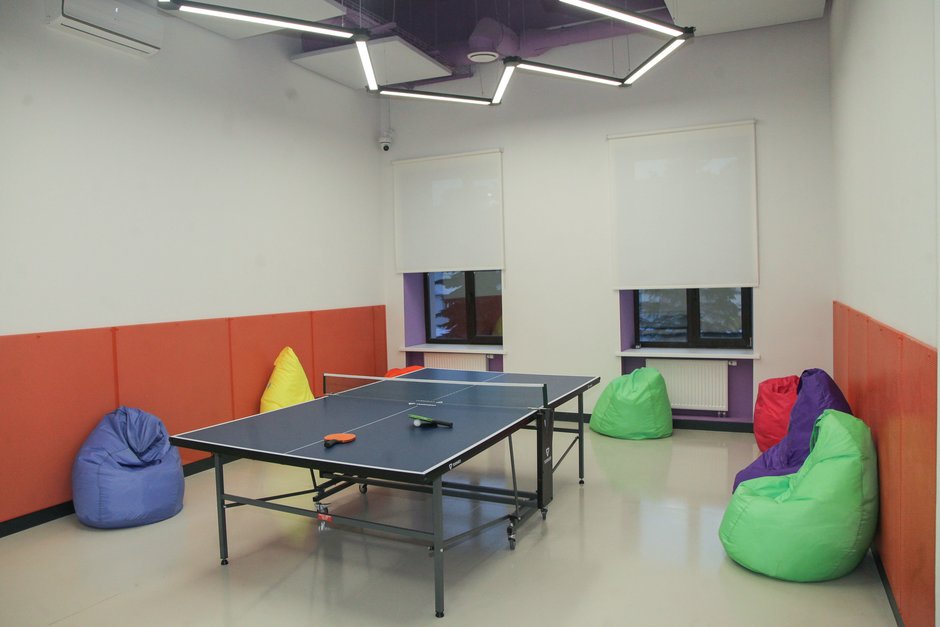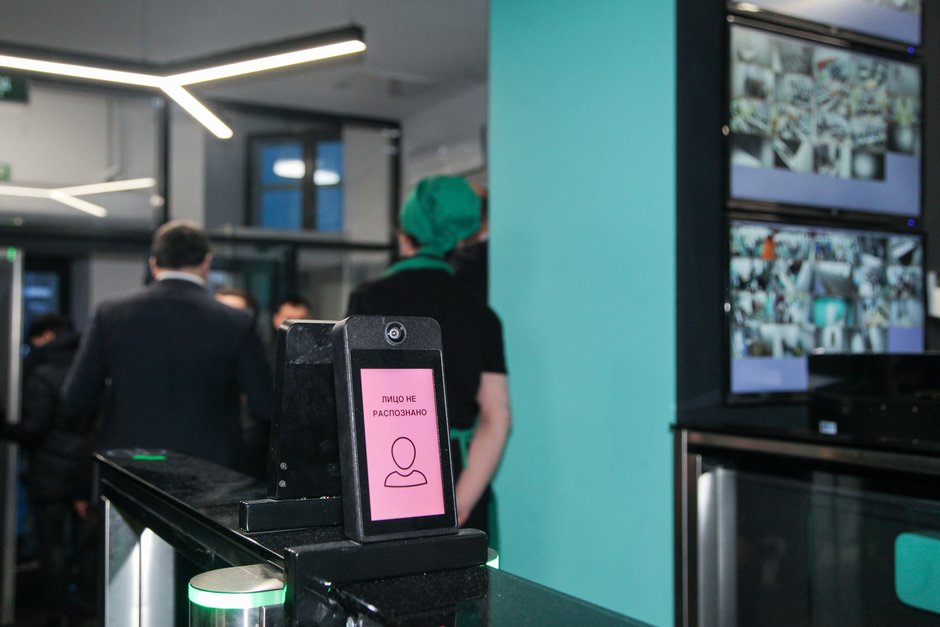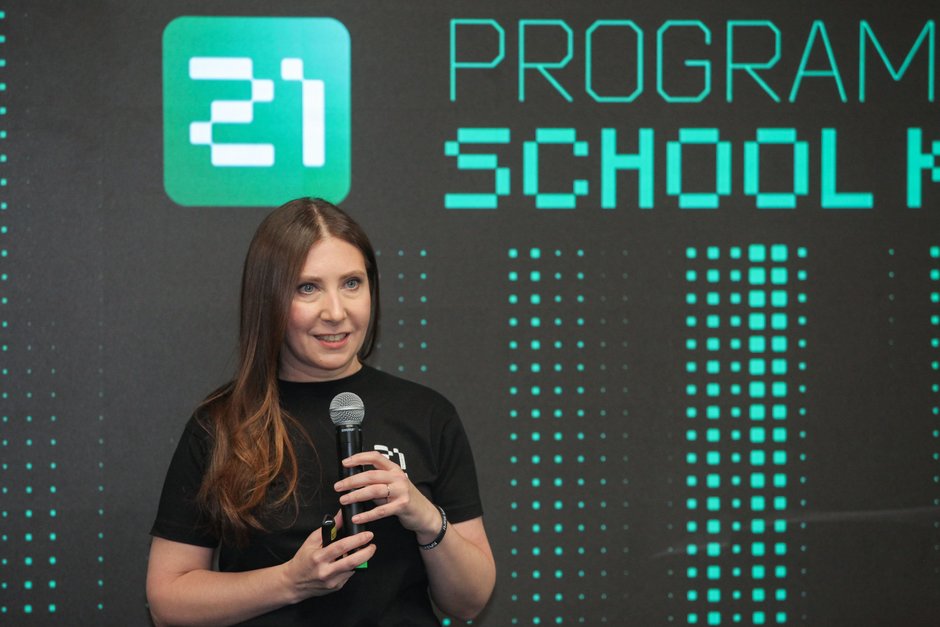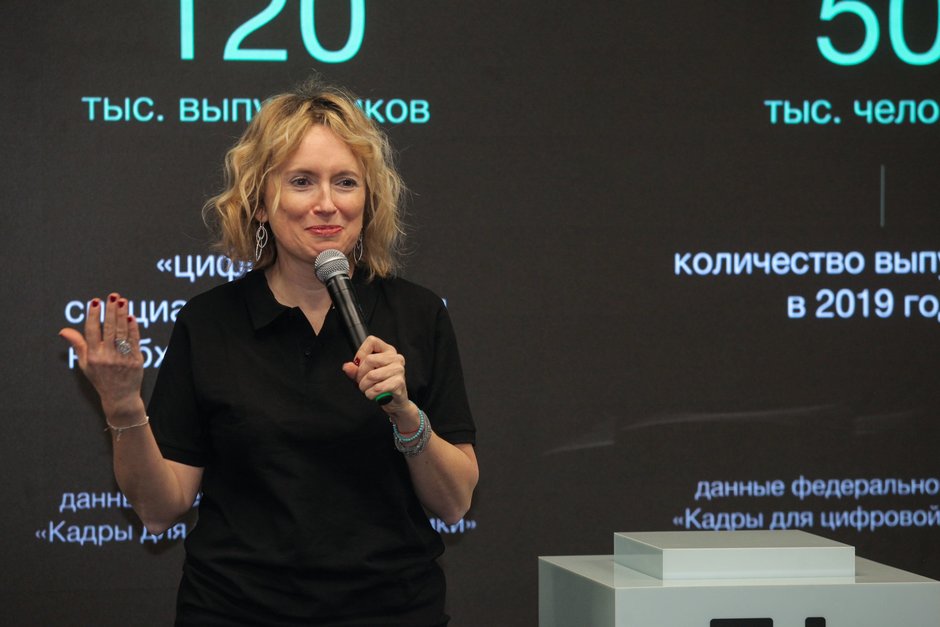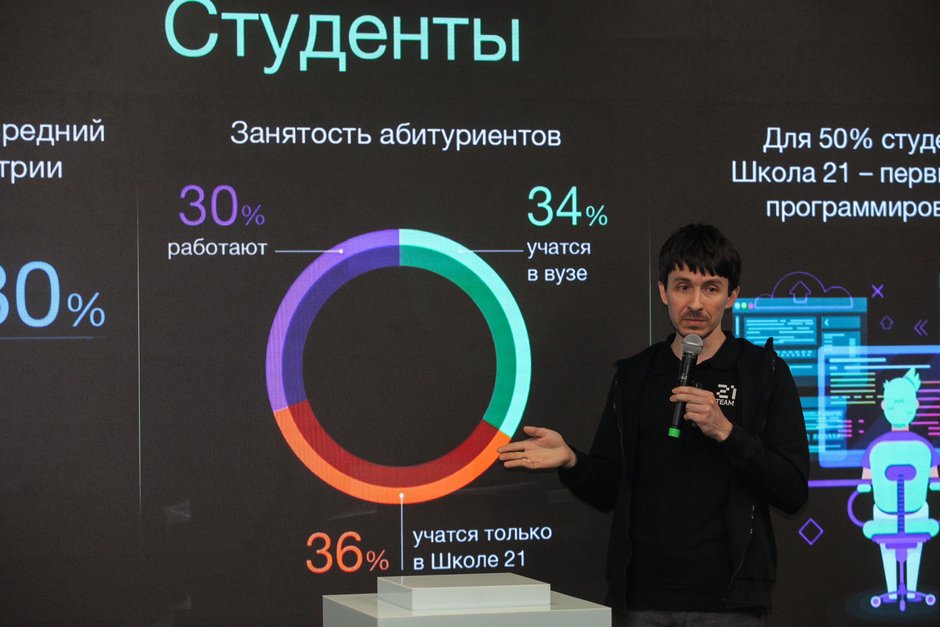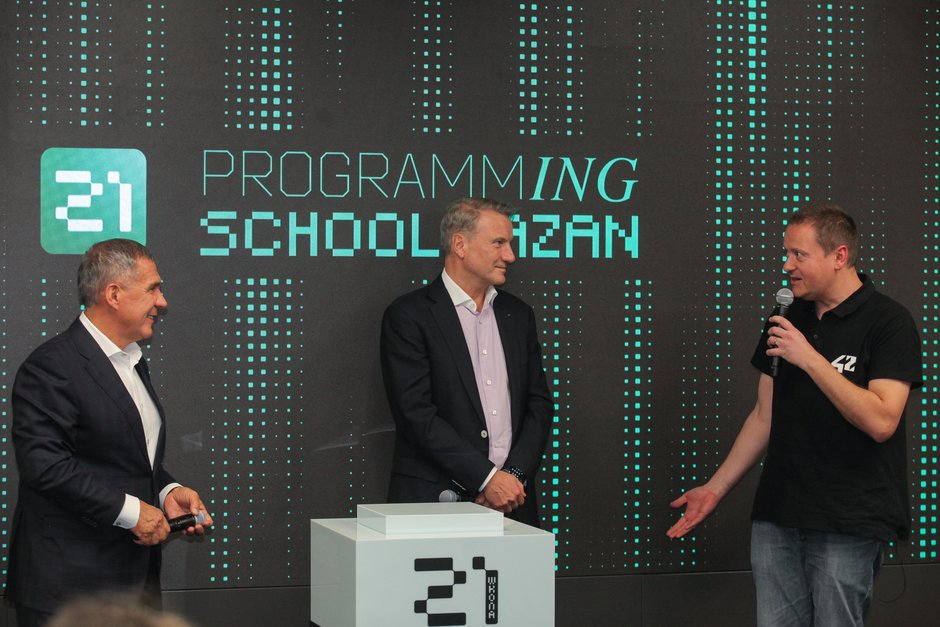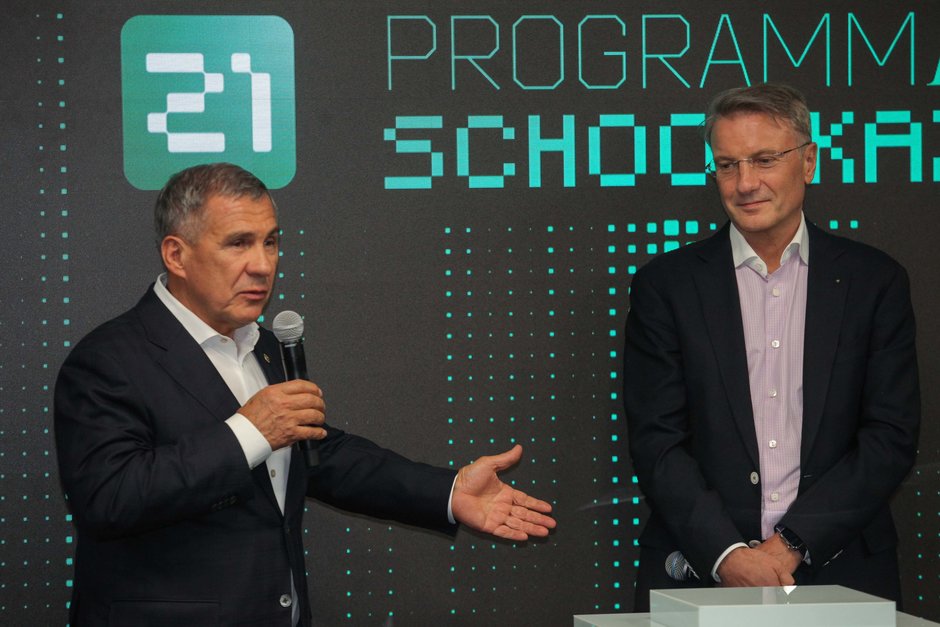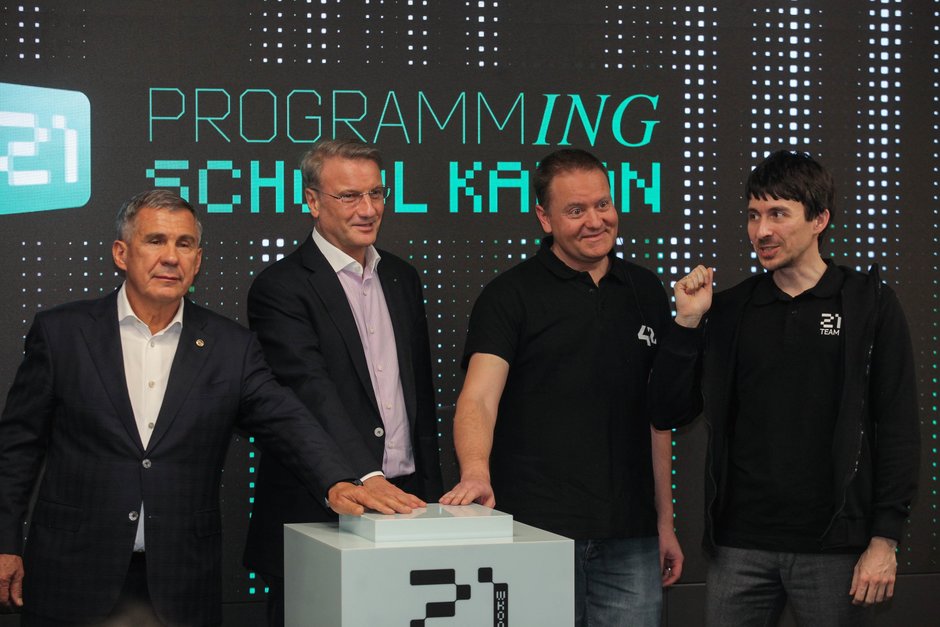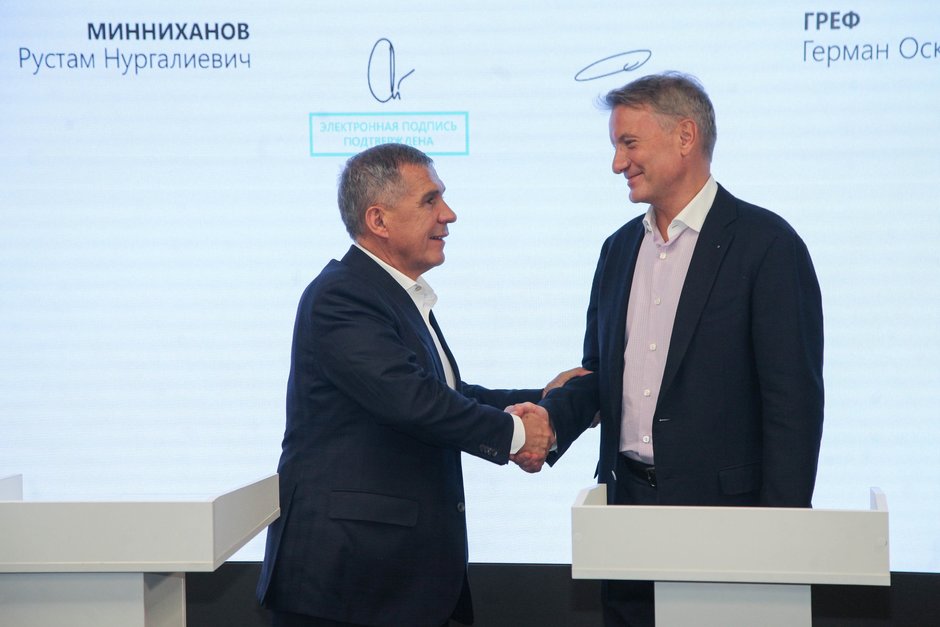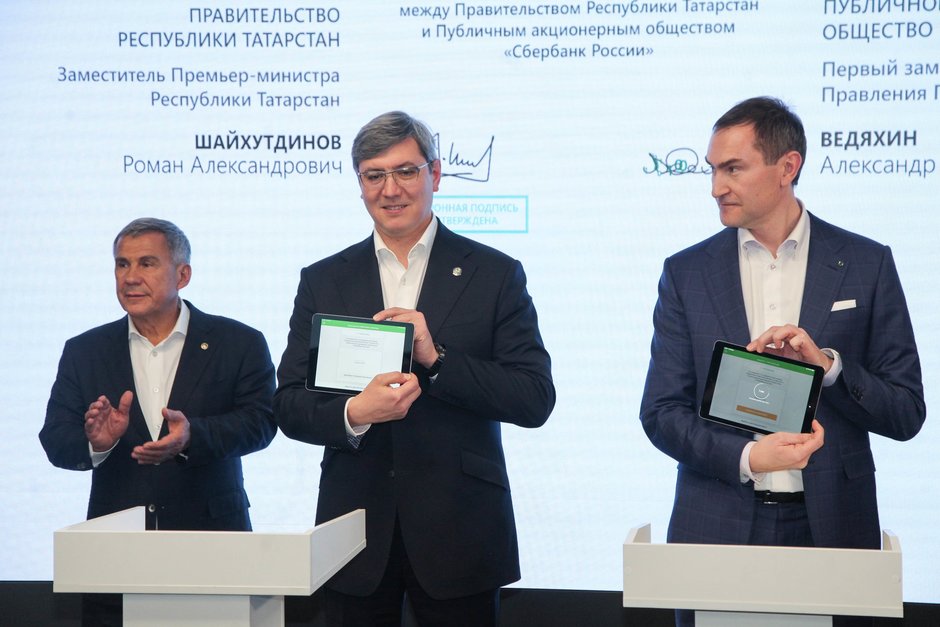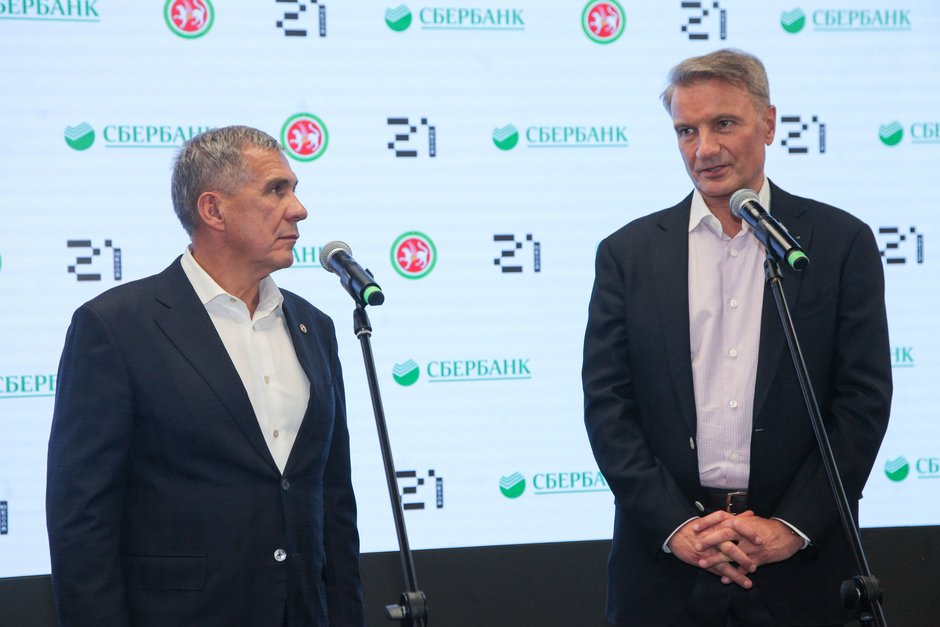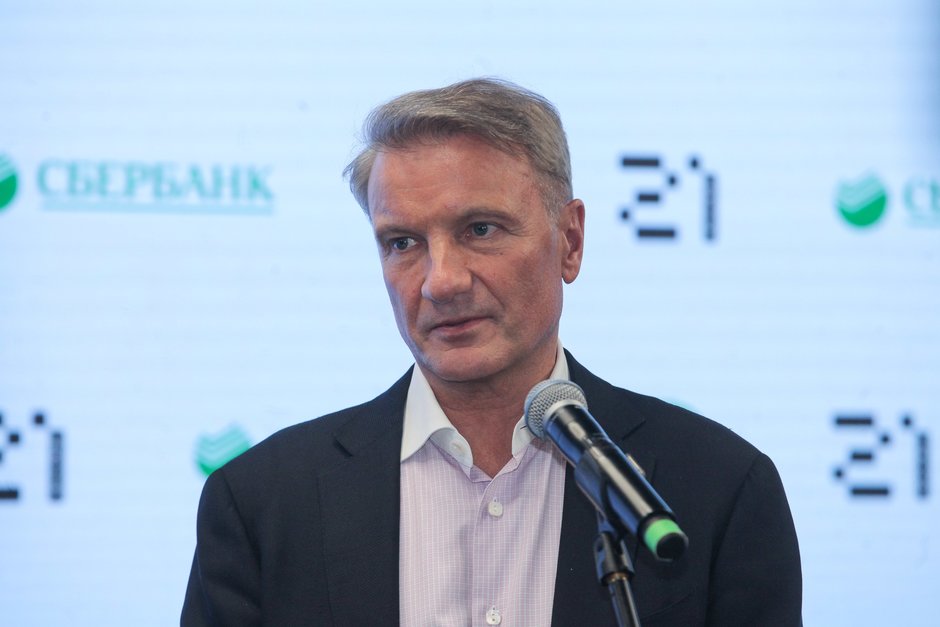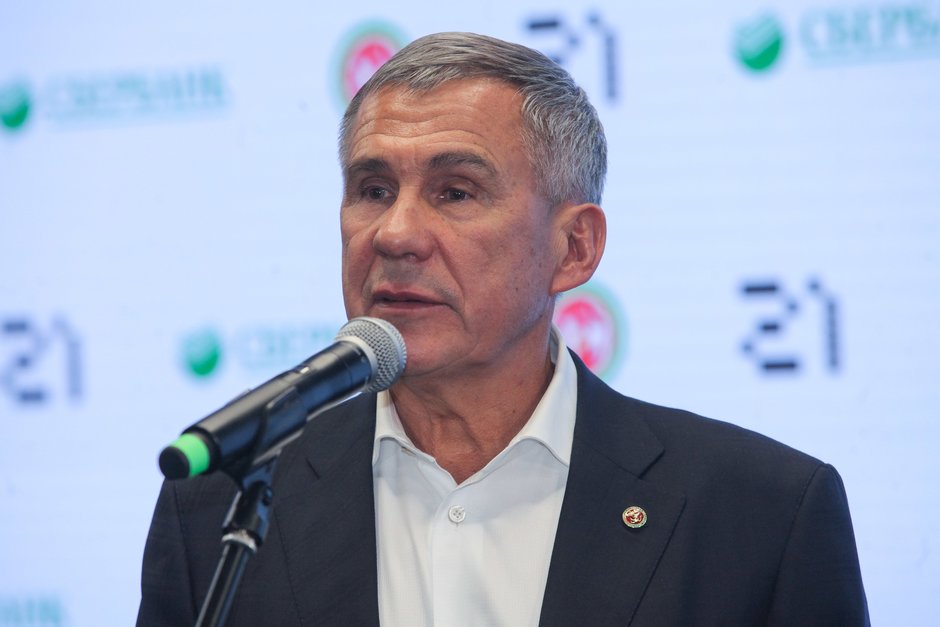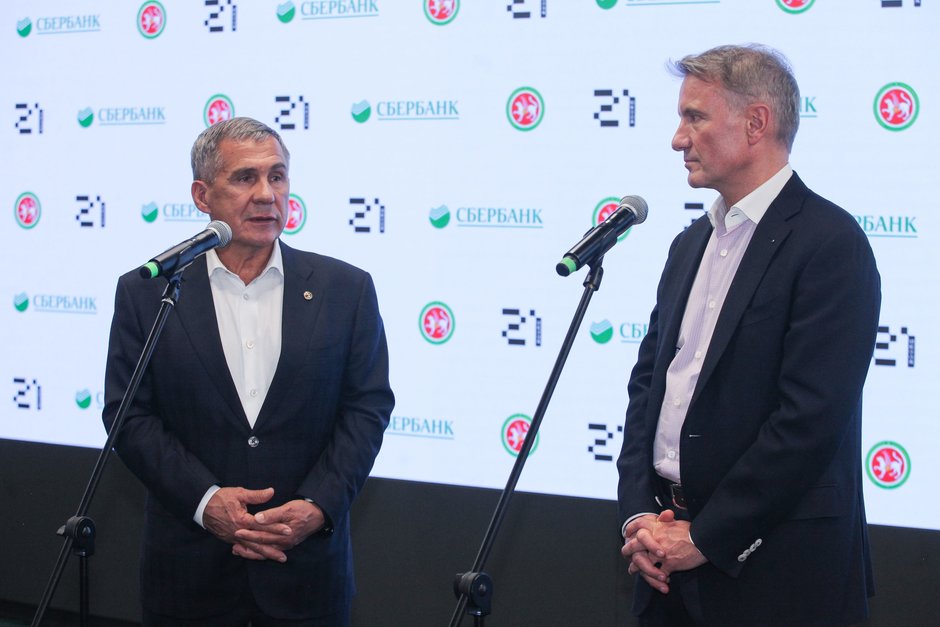Sberbank to train programmers to French recipe in Kazan
Herman Gref and Rustam Minnikhanov have opened School 21 in the capital of Tatarstan
Head of Sberbank Herman Gref and President of Tatarstan Rustam Minnikhanov have opened Russia’s second School 21 in Kazan — a new type of educational institution designed to train programmers. Education at school is free, without teachers, timetable and marks: students themselves look for ways of doing tasks and then share obtained knowledge with each other alternately performing roles of either pupils or teachers. Graduates aren’t given a standard state diploma, however, thanks to the skills obtained, they easily find a well-paid job. Realnoe Vremya’s correspondents visited the opening ceremony of the schools where they talked with organisers and students. Read all the details in our report.
It all began with a shortage of staff
The profession of programmer in modern Russia is one of the scarcest. By Sberbank Vice President Yulia Chupina’s estimate, demand for these specialists in the country is 1,5-2 million people, while the Russian educational system annually produces just 50,000 computer geeks, moreover, not all of them stay in the homeland.
Such a state of affairs made Sberbank, which is one of the biggest consumers of IT developments in the country, resort to western experience in 2018 and obtain exclusive rights to use educational methods of French school 42 in Russia. They are applied in 15 countries of the world. The first Russian School 21 created according to the pattern of its French analogue opened in Moscow 1,5 years ago. The Kazan school has become its improved copy considering all mistakes.
Moreover, as Herman Gref said during the opening ceremony, Tatarstan was one of four Russian regions to get the school. Kazan managed to overhaul its opponents, though it was the last to join the race. An agreement on the creation of the school was signed between Sberbank and Tatarstan at last year’s economic forum in Saint Petersburg.
“We saw on Innopolis’s example that it was little to simply build buildings and create all conditions to develop IT: if there aren’t specialists, all this work can turn out useless. Of course, we train professionals in our universities, but this is not enough,” Minnikhanov thinks. “Such a project as School 21 is unique because people aren’t forced here, they want to learn new areas themselves, which means they will be very effective.”
Rustam Minnikhanov: “Such a project as School 21 is unique because people aren’t forced here, they want to learn new areas themselves, which means they will be very effective”.
One in three will swim out of Swimming Pool
Students will start studying after they go through Swimming Pool. It is a preliminary intensive course for which over 1,500 applicants (out of 60,000 people who submitted an application on the website) were chosen to participate in this stage of testing and interviews. This stage was named Swimming Pool for a reason. The applicants are literally thrown into a new environment to find out who of them will swim out because the school has room only for one in three applicants.
“The ‘swimmers’ are given a task every morning at 8.20 they have to do until 23.42 the next day. But it doesn’t mean you have two days to do the task because the next morning you will have a new task,” said Director of School 21 Svetlana Infimovskaya. “This teaches our applicants to set priorities and use time management.”
Other students and a computer check the tasks performed, thus gaining experience from each other. Moreover, the soulless machine is very strict when analysing the tests: for instance, if a student made a mistake in task 2 out of 20, the system scores just one answer as correct.
It is just one of many rules of the school. For example, it is prohibited to place any beverages on the computer table (this is how costly equipment is protected from accidental damage), it isn’t allowed to leave the computer unattended, without signing out (this is how the students are inculcated cyber-hygiene). For small violations, the students are punished by a couple of hours of “public works”: the violators are forced to dust monitors, arrange chairs and so on. For more serious mistakes students are excluded. They include physical abuse of other students as well as any discrimination.
The school’s staff oversees how the rules are met through CCTV cameras placed everywhere. One enters the school through facial identification, this is why a student pass isn’t needed here.
Four boys and one girl
Most of the applicants are young people under 30. But there also those who are older than 40 and even 50 years. It is one of the differences between Russian School 21 and western school 42, which doesn’t admit people above 40.
“We tried to cancel the age limit and made sure that the older generation was more motivated,” Svetlana Infimovskaya continues. “They understand that the employer doesn’t care how old the programmer is if he creates a quality code.”
According to 50-year-old Ildar Zakirov from Saint Petersburg, he has achieved a lot in his profession as mountain engineer, however, he was keen on programming when he still was a youngster. This is why School 21 for him is a great opportunity to try to turn his lasting hobby into a new job.
Only a third of more than 1,500 applicants of the Kazan school come from the capital of Tatarstan. The rest is from other Russian regions and even CIS countries. The school has a hall of residence for people from other cities. It is one of the differences between School 21 and the one in Moscow: students from other cities solve their housing problem in the capital themselves. Only those who will go through Swimming Pool will be provided with a bed in the hall of residence.
By the way, Rustam Minnikhanov didn’t hesitate and took advantage of the occasion and invited students from other cities to stay in Kazan after they graduated too.
Herman Gref assumed it would be so because comfortable conditions were created in Kazan, and many graduates would probably want to live here.
“Companies will come here after them, so I think that Tatarstan will feel the positive effect of the opening of School 21 in a few years,” Gref believes.
It is noteworthy that just 20% of the applicants are girls. Moreover, according to head of the Kazan campus Ayrat Khasyanov, it is still much: men usually account for 95% of the contingent.
Half of the applicants have never dealt with programming and represented very different, at times unexpected professions in their past life. The Kazan school has a radio host, electrician and even an opera singer among the “swimmers”. According to the organisers, the absence of the basics won’t impede new students from learning necessary skills.
Amount of investments isn’t revealed
The length of education in the school among its students will differ: from 1,5 to 4 years. During the process, the students will have to get to new levels — like in a computer game. One can try one’s had in different areas: from mobile and web design to cybersecurity and robotics. There are 21 levels in total, but not all people cross the finishing line. As a rule, the skills that are obtained are enough to find a prestigious job long before all levels are reached. Moreover, the students are sent to leading Russian companies for internship twice during their studies. The internships often end with employment. Apart from Sberbank, the students are hired by Yandex, Mail.ru and other companies for practice. It is noteworthy that Sberbank that finances the school doesn’t have any advantages when selecting staff from the number of students (in any case, this is what the company claims).
By the way, as for financing: Sberbank doesn’t name the amount of investments made in the Kazan school. However, during the opening ceremony, Herman Gref characterised them as huge and jokingly complained that the conditions with which School 42 provided its Russian partners with licences could had been easier because the project was social and didn’t have a commercial component. According to Herman Gref, the fact that education is free is one of the cornerstones of the school, as it gives access to knowledge to more motivated people who don’t come from wealthy families as well.
The school is located in the former office of bankrupted Spurt bank on 2 Spartakovskaya. A good repair was done on three floors of the building near Millennium Park. The interior is futuristic, clusters are vast, equipped with costly monoblock PCs by Apple, there is a big conference hall… Rustam Minnikhanov says that the republic authorities are ready to expand the school.
“We are planning to create a sports site in summer, there will be also a place to eat… I think it is only the beginning, other offices are going bankrupt nearby, and we are ready to buy them and provide them to the school for expansion,” the president claimed during the opening ceremony.
